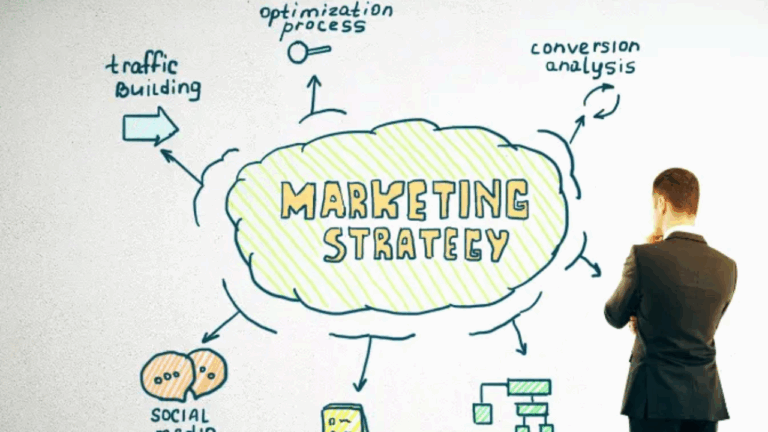Event Tech Integration: Creating a Seamless Experience
betbhai, cricket99 exchange, diamondexch9.con:Event Tech Integration: Creating a Seamless Experience
Are you tired of attending events where the technology seems to be working against you rather than for you? From registration to networking to post-event follow-up, event tech integration plays a crucial role in creating a seamless experience for both event organizers and attendees. In this article, we will explore the importance of integrating various event technologies to ensure a smooth and engaging event experience for all stakeholders.
Why is Event Tech Integration Important?
Before we delve into the specifics of event tech integration, let’s first understand why it is essential. In today’s fast-paced and digital world, event attendees expect a seamless and personalized experience from start to finish. They want easy registration processes, interactive networking opportunities, real-time updates, and convenient access to event materials. Without proper integration of event technologies, meeting these expectations can be a challenge.
When event technologies are siloed or not integrated seamlessly, it can lead to a disjointed experience for attendees. For example, if registration data is not synced with the event app, attendees may have to re-enter their information multiple times, leading to frustration and decreased engagement. Similarly, if networking tools are not integrated with the event platform, attendees may miss out on valuable connections and opportunities to engage with other participants.
By integrating various event technologies, organizers can streamline the event experience, increase attendee engagement, and gather valuable data insights for future events. From check-in and badge printing to session tracking and attendee feedback, event tech integration plays a crucial role in creating a successful event experience.
Key Components of Event Tech Integration
Now that we understand the importance of event tech integration let’s discuss some key components that organizers should consider when planning their event tech stack.
1. Registration and Ticketing Platforms
The first step in creating a seamless event experience is to choose a user-friendly registration and ticketing platform. Look for a platform that allows for easy customization, automated communications, and data syncing with other event technologies such as event apps and CRM systems. By integrating your registration platform with other tools, you can streamline the registration process, improve attendee experience, and gather valuable data insights.
2. Event App Integration
Event apps have become an essential tool for modern events, providing attendees with easy access to event schedules, speaker information, networking opportunities, and interactive features. When integrating your event app with other technologies such as registration platforms, session tracking tools, and survey platforms, you can create a seamless experience for attendees and drive engagement before, during, and after the event.
3. Networking Tools
Networking is a key aspect of any event, whether virtual or in-person. By integrating networking tools such as attendee matchmaking algorithms, virtual meeting rooms, and messaging capabilities into your event platform, you can facilitate meaningful connections between participants and enhance the overall event experience.
4. Session Tracking and Engagement
Tracking attendee engagement during sessions and workshops is crucial for assessing the success of your event and identifying areas for improvement. By integrating session tracking tools with your event platform, you can capture valuable data insights on attendee participation, session popularity, and content preferences. This data can help you optimize future events and tailor your programming to better meet attendee needs.
5. Real-time Updates and Communication
Keeping attendees informed and engaged throughout the event is essential for creating a positive experience. By integrating real-time communication tools such as push notifications, live polling, and chat functionalities into your event app, you can provide attendees with up-to-date information, engage them in interactive activities, and foster a sense of community among participants.
6. Post-event Follow-up and Analytics
After the event is over, it’s essential to continue engaging with attendees and gathering feedback to improve future events. By integrating survey platforms, analytics tools, and CRM systems into your event tech stack, you can collect valuable data on attendee satisfaction, identify areas for improvement, and nurture ongoing relationships with participants.
By incorporating these key components into your event tech integration strategy, you can create a seamless and engaging event experience for all stakeholders, from attendees and speakers to sponsors and exhibitors.
FAQs
Q: How can event tech integration improve attendee engagement?
A: By integrating various event technologies such as registration platforms, event apps, networking tools, and session tracking systems, organizers can streamline the event experience, provide personalized interactions, and drive attendee engagement.
Q: What are some common challenges of event tech integration?
A: Some common challenges of event tech integration include data silos, compatibility issues between different technologies, and lack of technical expertise. By working with experienced event tech partners and investing in user-friendly tools, organizers can overcome these challenges and create a seamless event experience.
Q: How can event tech integration impact event ROI?
A: By integrating event technologies to streamline processes, gather data insights, and improve attendee engagement, organizers can drive event ROI through increased ticket sales, sponsorships, and attendee retention. By leveraging data analytics and feedback mechanisms, organizers can optimize future events and maximize ROI.
In conclusion, event tech integration plays a crucial role in creating a seamless and engaging event experience for attendees, speakers, sponsors, and exhibitors. By strategically integrating various event technologies such as registration platforms, event apps, networking tools, and session tracking systems, organizers can streamline processes, drive attendee engagement, and gather valuable data insights for future events. By investing in user-friendly tools, working with experienced event tech partners, and prioritizing attendee needs, organizers can create memorable and successful events that leave a lasting impact on participants.







